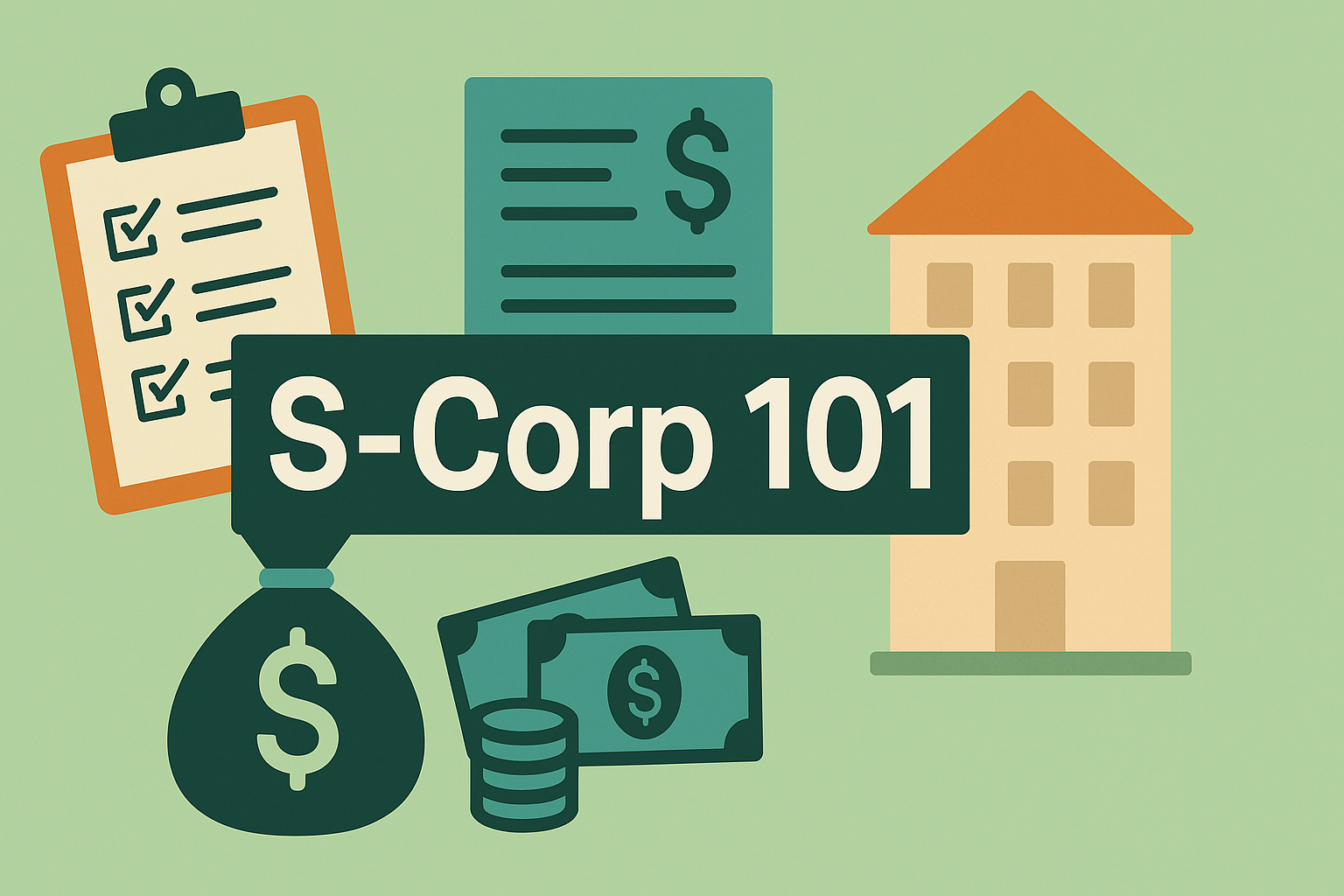
Choosing the right business structure isn’t just a legal formality, it’s one of the most powerful tax strategies available to entrepreneurs. For many profitable small business owners, electing S-Corporation status can mean paying thousands less in taxes every single year.
But before you make the move, it’s important to understand how it works and whether it fits your specific situation.
An S-Corporation (or S-Corp) isn’t a separate type of company, it’s a tax election that changes how your business income is treated by the IRS. You can form an LLC or corporation, then elect to be taxed as an S-Corp by filing Form 2553.
This election allows business owners to split their income between:
That second part is where the savings come in.
When you operate as a sole proprietor or standard LLC, 100% of your profits are hit with self-employment taxes (roughly 15.3%). But with an S-Corp, only your salary is subject to those taxes. The remaining profit (your distribution) avoids them entirely.
Example:
If your business nets $120,000 per year and you pay yourself a $70,000 salary, you could avoid self-employment taxes on the remaining $50,000. That’s roughly $7,650 in annual savings.
Multiply that over 10 years — you’ve just kept $76,500 that would’ve gone to the IRS.
If your business is consistently profitable, pays you well, and has room to grow, it’s probably time to consider restructuring as an S-Corp. The savings can be permanent, not just one-time. And when combined with other strategies, like tax reduction planning and retirement contributions, your tax savings can multiply year after year.
While the S-Corp can be a tax-saver, it’s not for everyone. You’ll have to run payroll, file additional forms, and maintain clean books. If your business earns under about $40,000 in annual profit, the added complexity may outweigh the benefit — at least for now.
An S-Corp isn’t a magic trick, it’s smart tax engineering. It’s how proactive business owners legally reduce taxes, build wealth faster, and keep more of what they earn.
👉 Want to know if an S-Corp would save you money? Book a Free 15-Minute Consultation and we’ll run the numbers together.
Book Here